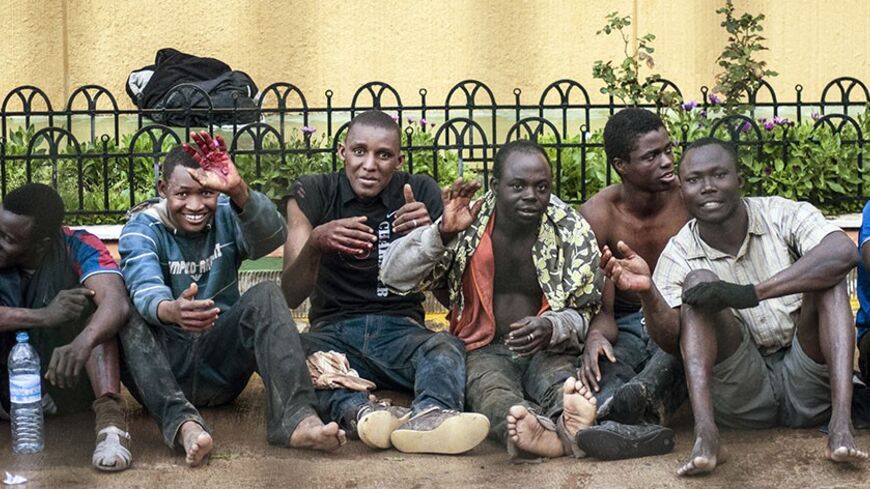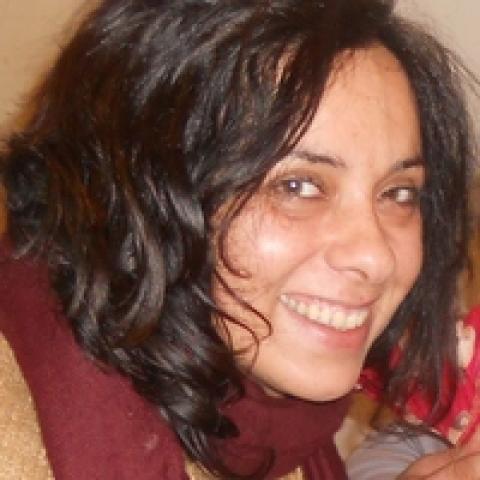
Nahrain al-Mousawi holds a PhD in comparative literature from UCLA, focusing on literature about clandestine migration across the Mediterranean. Mousawi was born in Iraq, lived most of her life in the United States and several years ago went to Morocco, where she is currently based, to do research for her dissertation. She has been published in Aslan Media, Al-Akhbar, Raseef22 and several academic journals.


